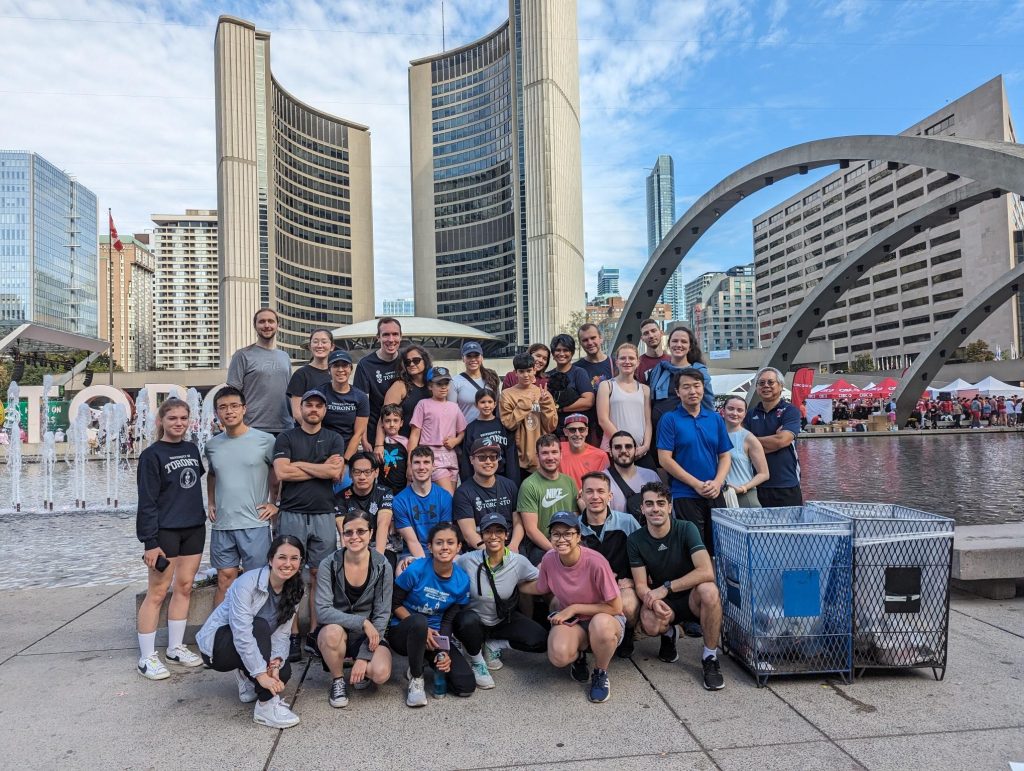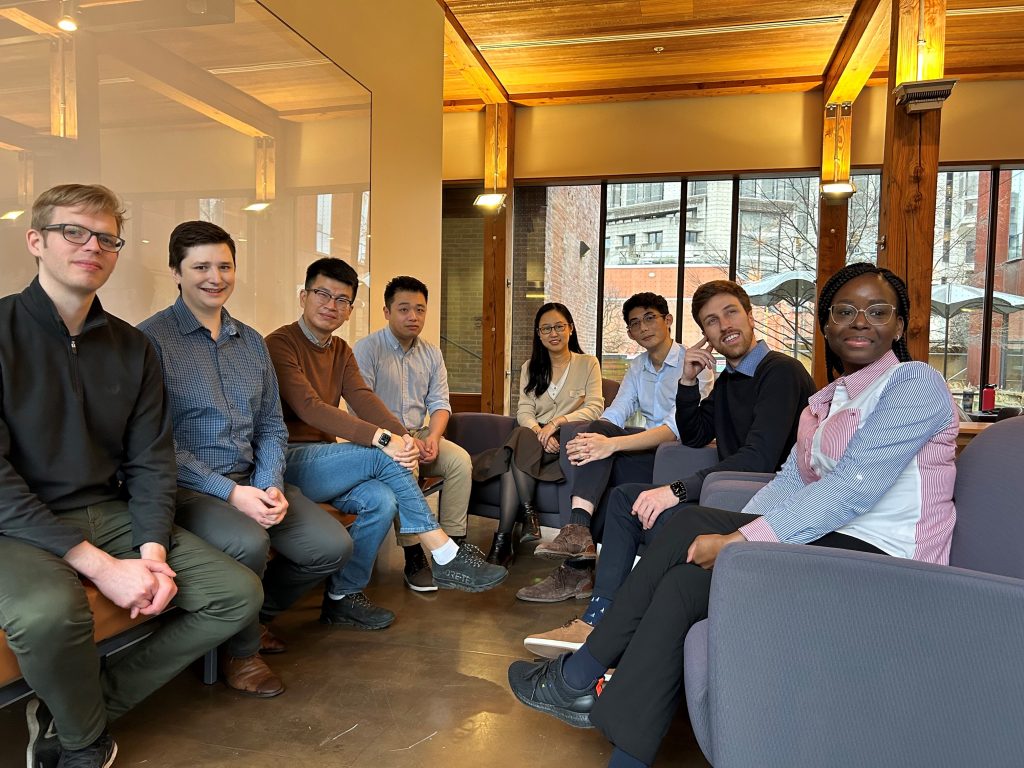
On Sunday, October 6th, members of the Department of Economics will team up to beat breast cancer. The Toronto arm of Race for the Cure will include a team of both faculty and students affiliated with the department. According to the Canadian Cancer Society, 1 in 8 women in Canada will be diagnosed with breast cancer at some point in their lives. Every year, 220 men in Canada are diagnosed with breast cancer too. [Read more…]





